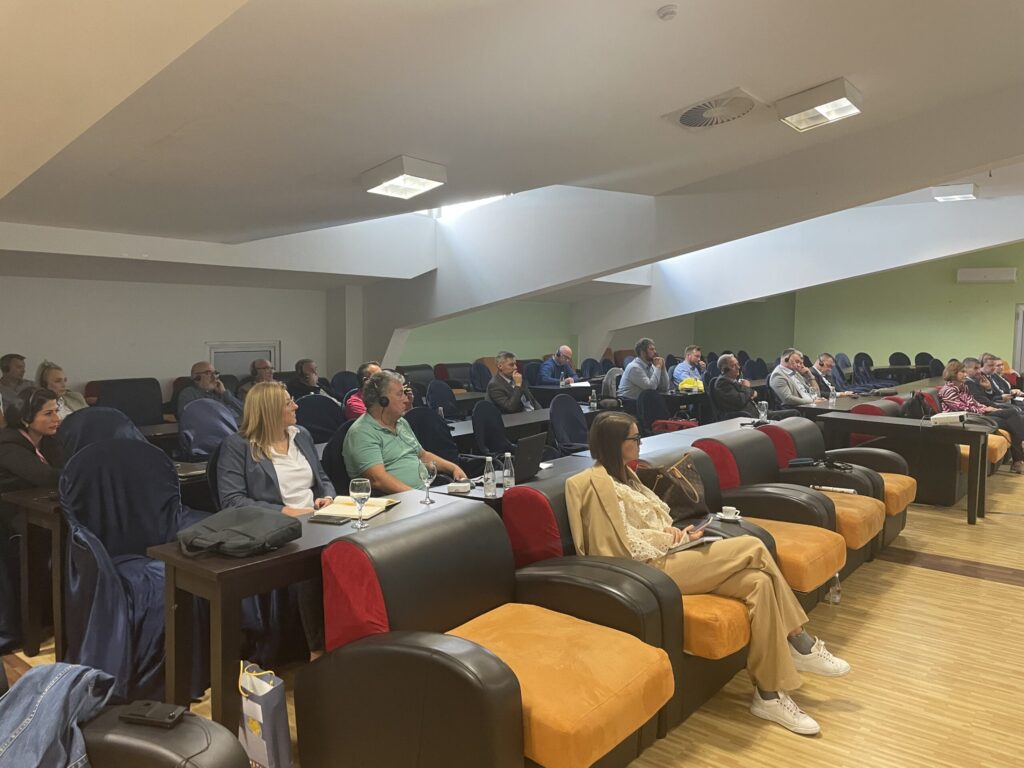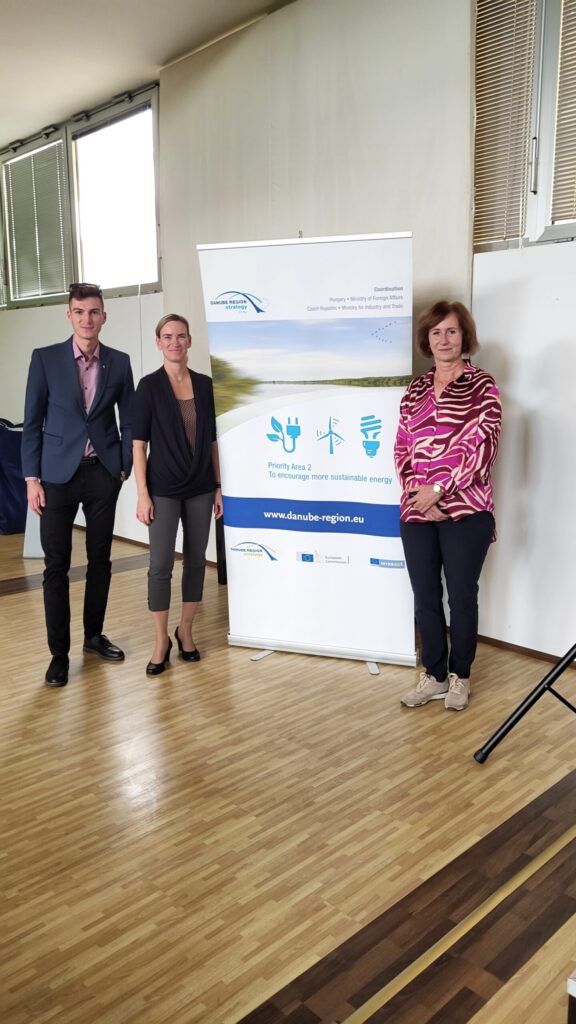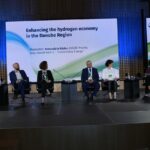On 12th October 2023, the ‘Sustainable Energy’ Priority Area (Priority Area 2) of the EU Strategy for the Danube Region (EUSDR) and the Association of Hungarian District Heating Enterprises (MATÁSzSz) organized their second workshop in the topic of the decarbonization of the district heating systems in Tuzla, Bosnia and Herzegovina.

This event was very similar to the first workshop organized on 5th October in Zagreb, with the aim of presenting the Hungarian experiences in the use of geothermal energy for district heating and the available funding instruments. Many interested local district heating companies, policy makers and energy experts participated at the workshop where several Hungarian best practices were presented, and manufacturing companies introduced their services. The participants also had the opportunity to discuss the possible fields of cooperation.
The event was opened by Mr Dusko Karagics, Hungary’s Economic Attaché in Sarajevo, who welcomed the participants and highlighted the importance of the event and the topic, then Amir Nadarević, EU4Energy consultant from the local Ministry presented Bosnia and Herzegovina’s current energy and district heating strategy.
The Hungarian experiences in geothermal district heating were presented by MS Energy, the Szeged District Heating Company and Mannvit, while the financing opportunities for geothermal developments were introduced by Ms Annamária Nádor, Priority Area 2 Coordinator (EU fundings) and Ms Maida Arapčić from UniCredit Group (bank financing options).
Ms Edit Nagy from MATÁSzSz presented how their member companies can contribute to geothermal developments, and three participating companies had the opportunity to briefly present their services. The workshop was moderated by Dávid Kecskeméti from MATÁSzSz, and also member of the Danube Youth Council.
The overall aim of these two events (in accordance with the priorities of Priority Area 2 of the EUSDR) was to contribute to the decarbonization of the economies of the Danube region countries by promoting the use of geothermal energy in the decarbonization of the district heating systems in countries, where there is significant available, but still unused geothermal potential. The high number of participants showed that there is a great interest for sustainable solutions in the field of district heating.

The presentations are available here:
2_Garaguly_Istvan_MATÁSzSz_Public
5_Y2023-10-05_Mataszsz-Zagrab_MANNVIT+AGE_01
07 MaTáSzSz_hungarian_DH_Tuzla_v1




